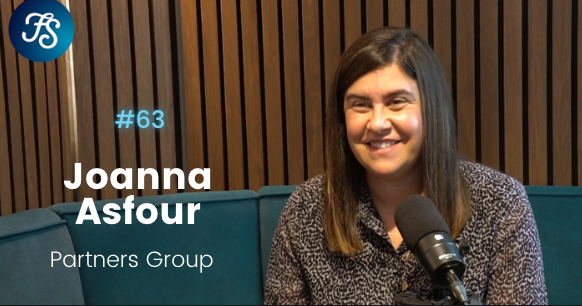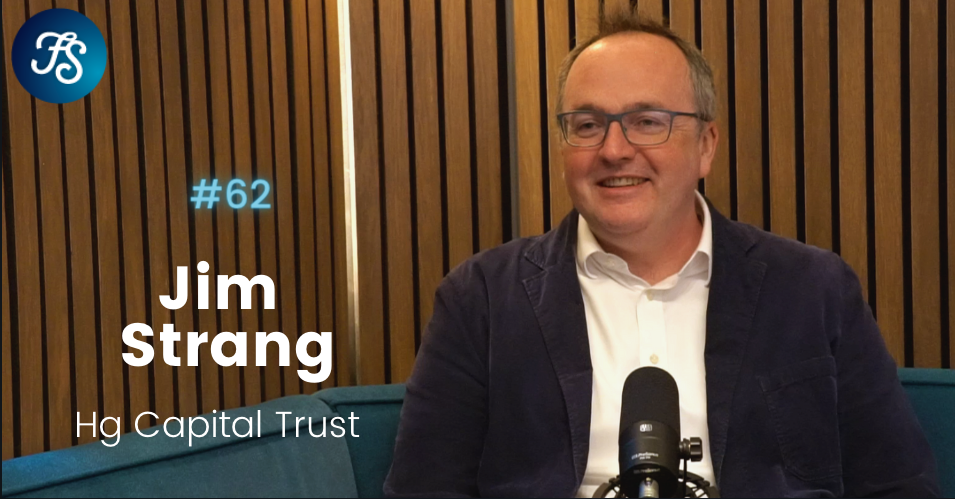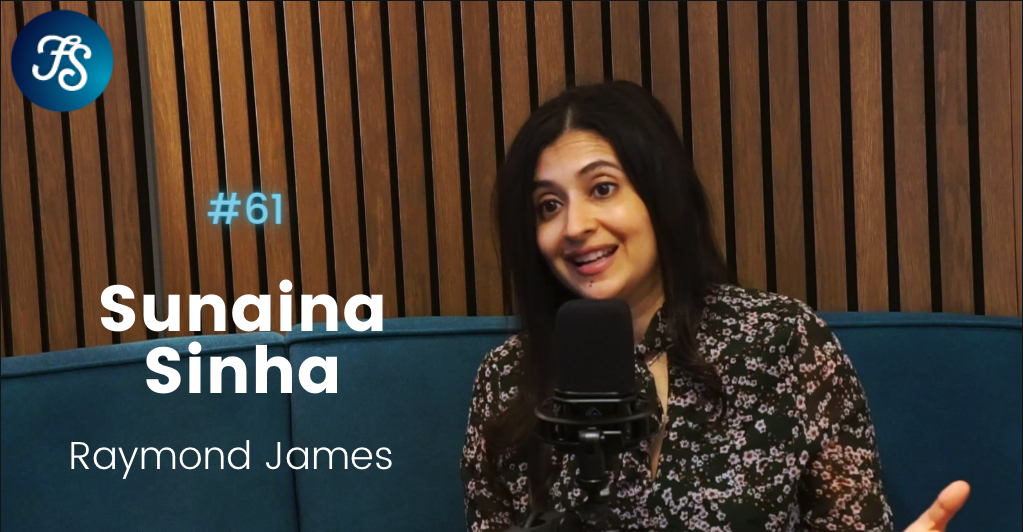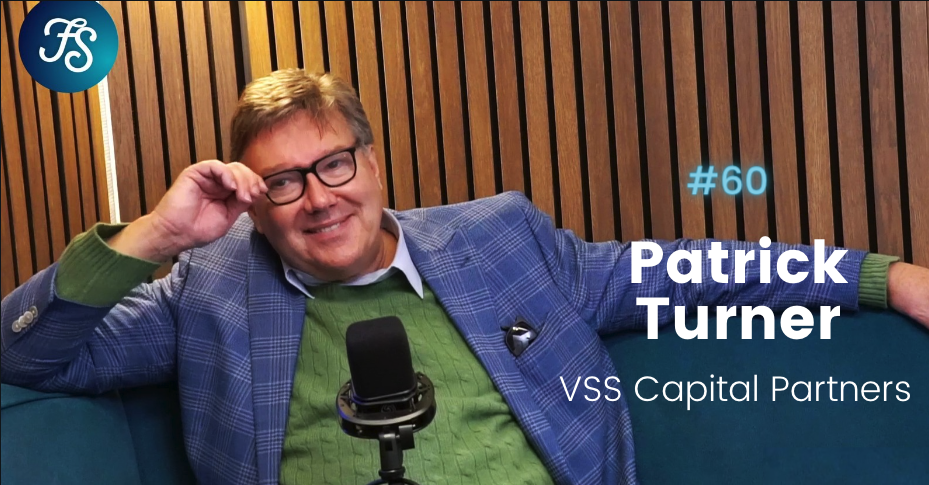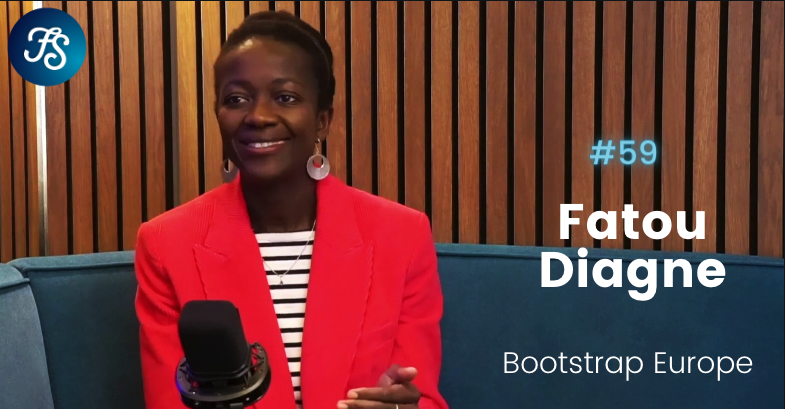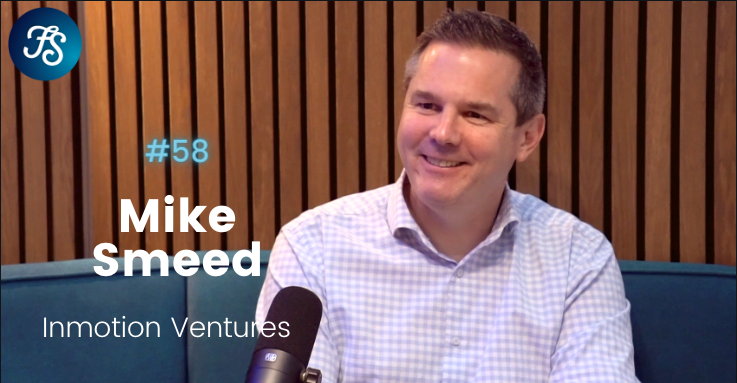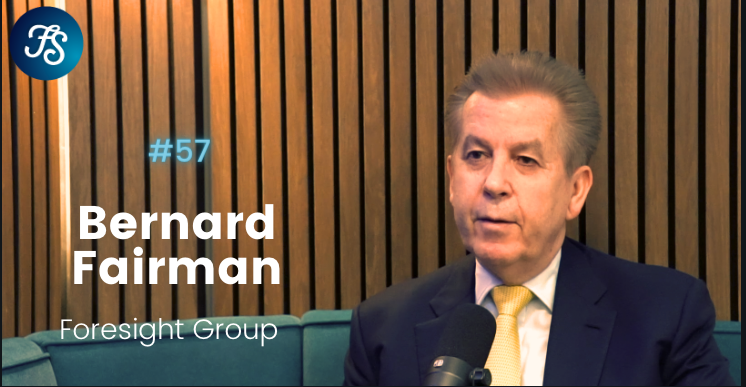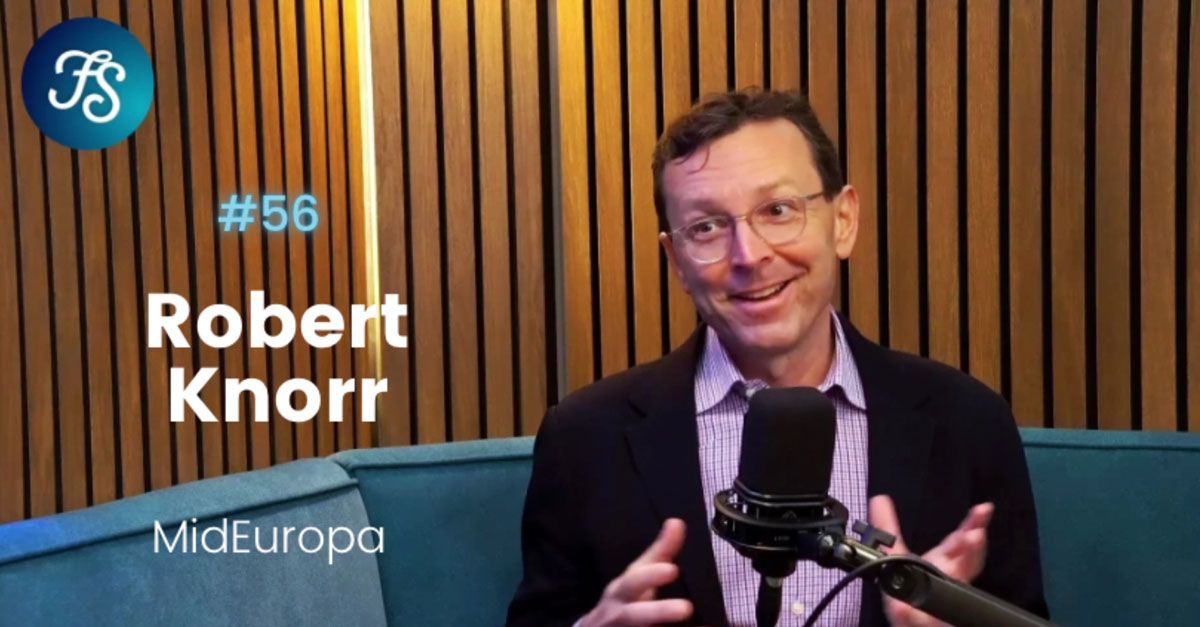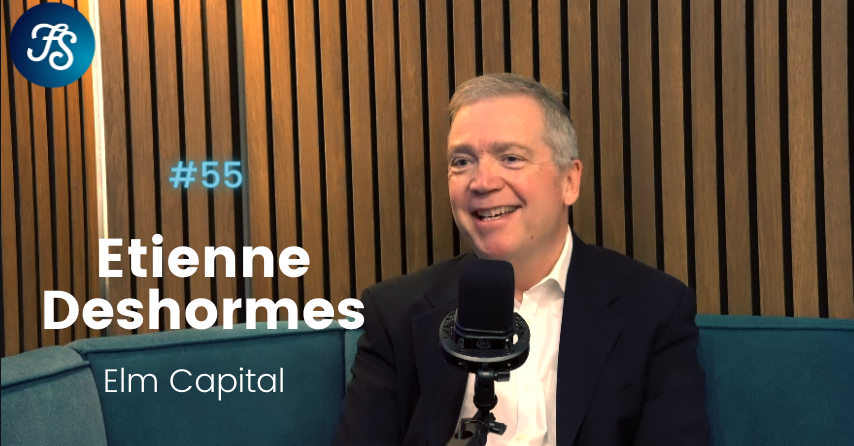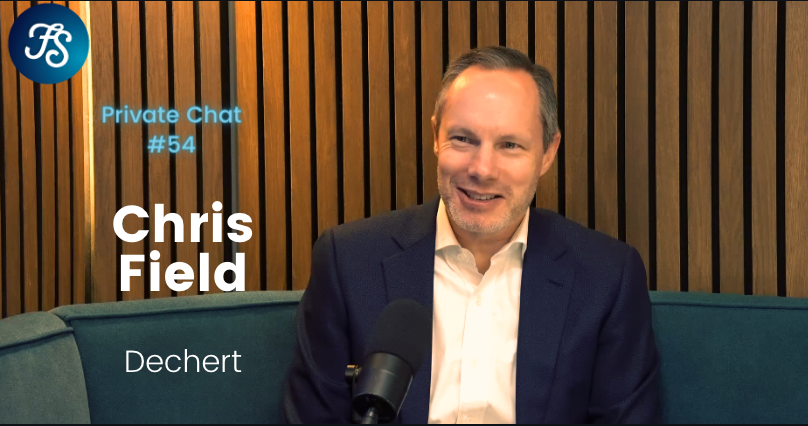Cracking the DC pension market in the UK | Joanna Asfour, Partners Group | Ep 64
Founded in mid-1990s, Partners Group launched its first vehicle accessible to individual investors in the early naughties. Today it is at the frontline of the democratisation of private equity.
In this episode, Ross Butler speaks to Joanna Asfour, the firm’s global head of consultant relations, to discuss how private equity can help DC pensioners in the UK access private markets.
We look particularly at the benefits that private markets exposure can bring to a pension fund, as well as some of the complexities around the management of such less liquid investments. We al LTAFs, the UK equivalent of ELTIFs and the various nuances of providing relatively simple access to the asset class for DC pension trustees.
Top insight
The UK DC market will be worth about a trillion by 2030. It’s a £100bn opportunity for private markets. There’s been sub-£5bn invested so far.
i.e. This is going to be big!
Highlights
Historical Context and Current Position
Partners Group has been a pioneer in making private markets accessible to individual investors since the early 2000s. The firm currently manages around 150 billion euros in assets, with private wealth being a rapidly growing segment.
Democratization of Private Markets
The term democratization refers to broadening access beyond institutional investors to include individuals, such as DC pension scheme members and wealth management clients.
This trend is seen as mutualization, akin to what mutual funds did for public markets.
Regulatory and Operational Challenges
The key challenge has been the regulatory and operational barriers that limit DC pension schemes from investing in private markets.
The introduction of the Long-Term Asset Fund (LTAF) by the FCA has been crucial in providing a UK-authorized fund structure suitable for DC schemes.
LTAF as a Solution:
LTAFs are designed to meet the specific needs of DC pension schemes, allowing them to blend private markets into their default fund arrangements.
This structure addresses both regulatory requirements and the operational demands of life insurance platforms that manage many DC pension schemes.
Implementation Considerations:
Trustees need to consider where in the pension lifecycle private market allocations are most appropriate, particularly focusing on the growth accumulation phase.
There is a need to balance liquidity management and stress test the potential impact of including private markets in DC schemes.
Performance and Valuation:
Performance fees and daily valuations are critical aspects that need to be managed to ensure fair treatment of all investors in an evergreen fund format.
Partners Group has developed robust systems to handle daily valuations and liquidity management, drawing on their long experience with similar fund structures.
#privateequity #democratisation #fundraising #privatewealth #privatemarkets #LTAFs #alternativeassets
Follow Fund Shack on Your Preferred Platform:
Spotify
Apple Podcasts
YouTube
Amazon Music
PlayerFM
Fund Shack is a private equity podcast and global media channel for alternative investment professionals. Fund Shack is produced by Linear B Group and if you are interested in appearing on the show, wish to propose a client, or are interested in sponsorship, contact:
Katie Mitchell
katie@linearb.media
Linear B Group
